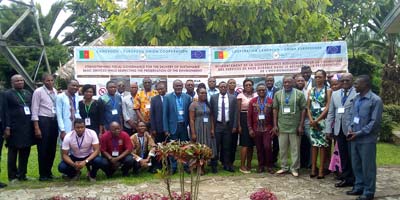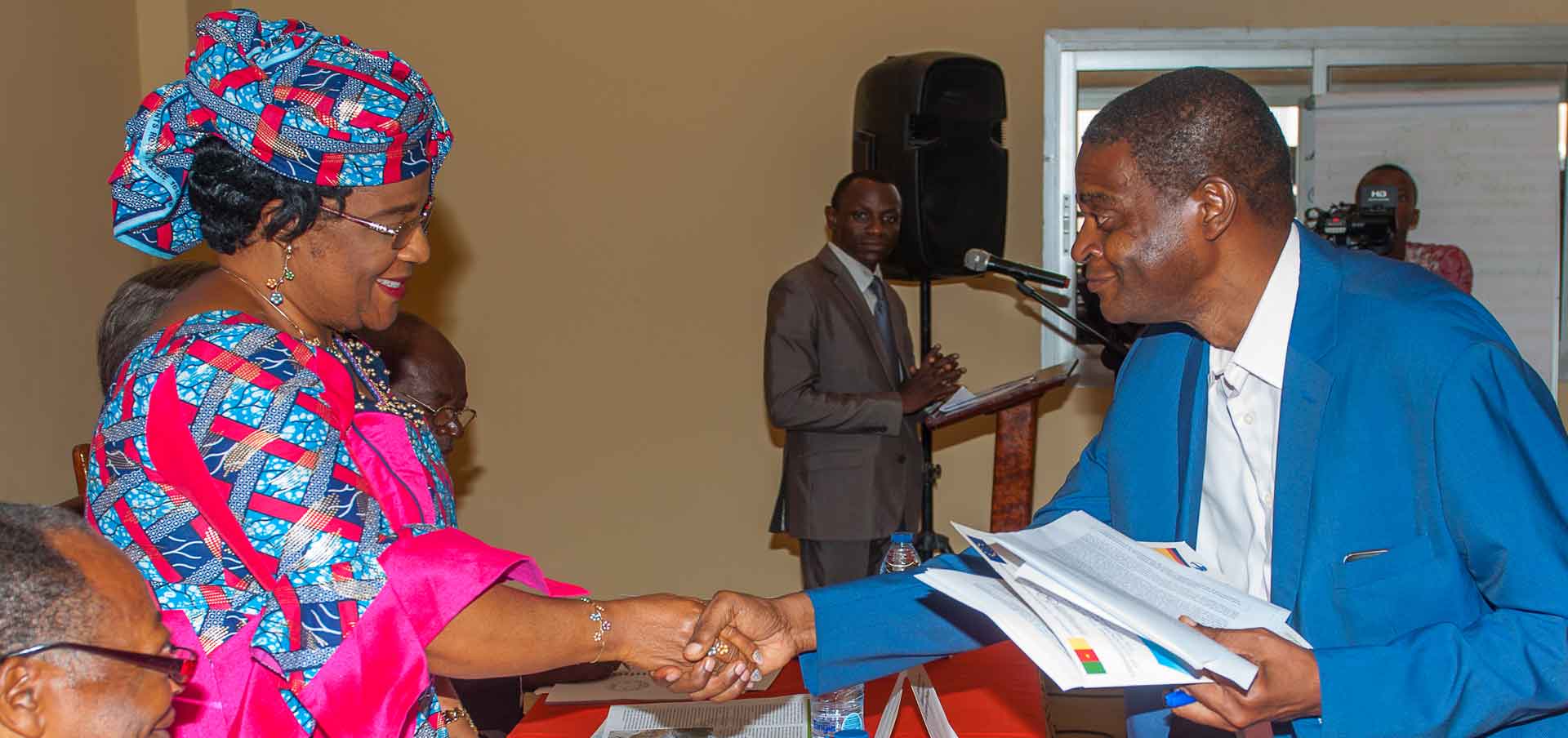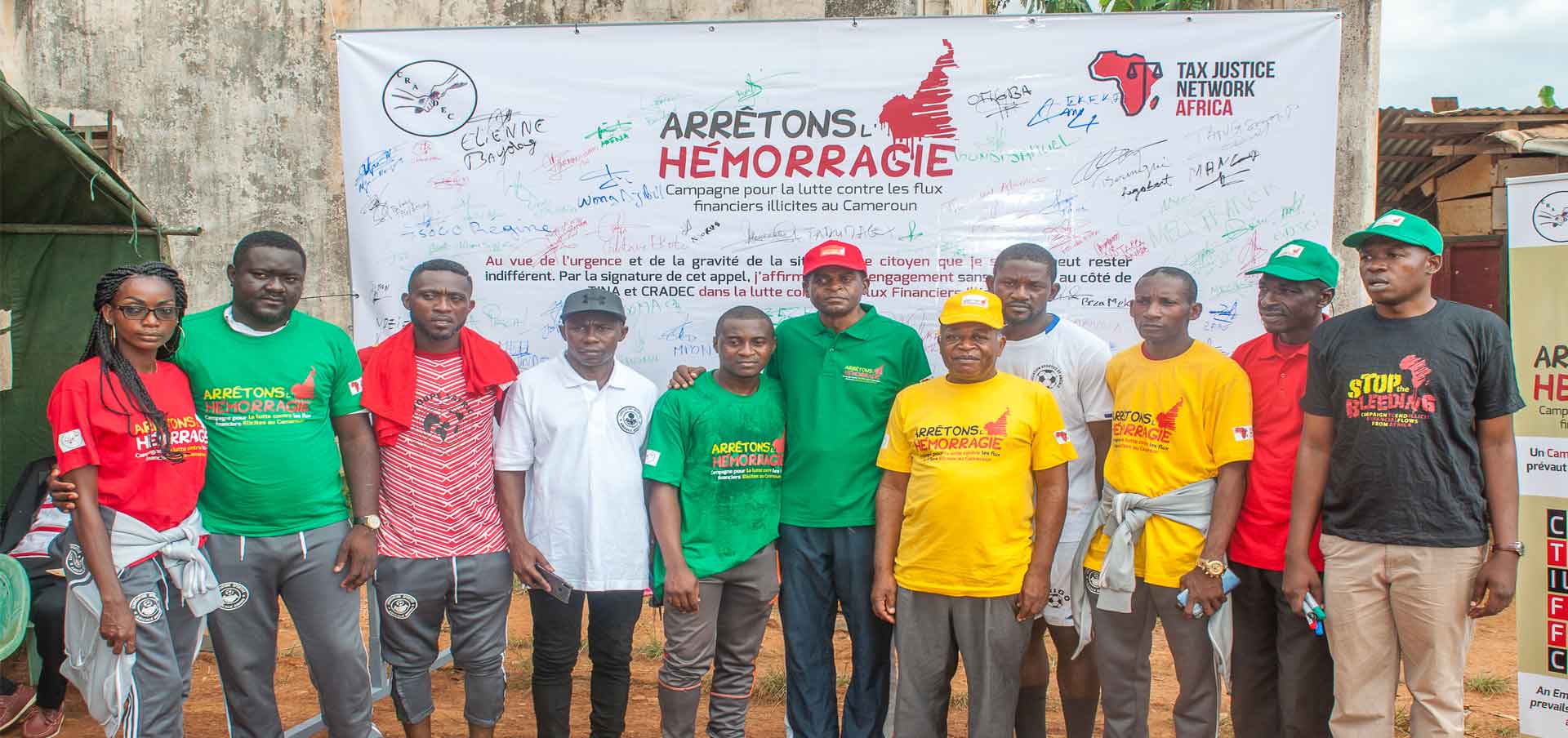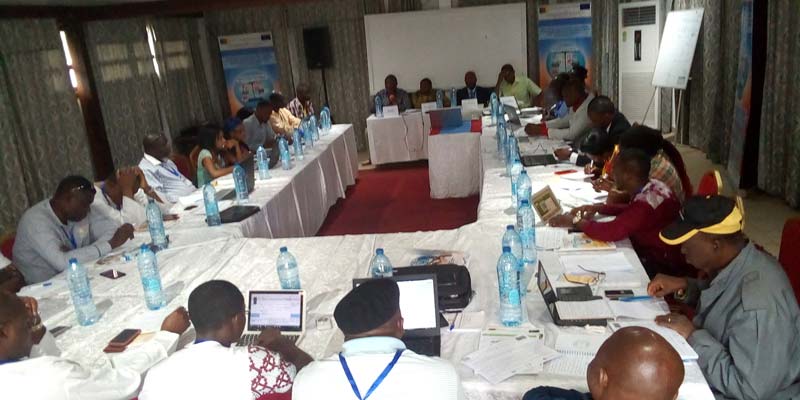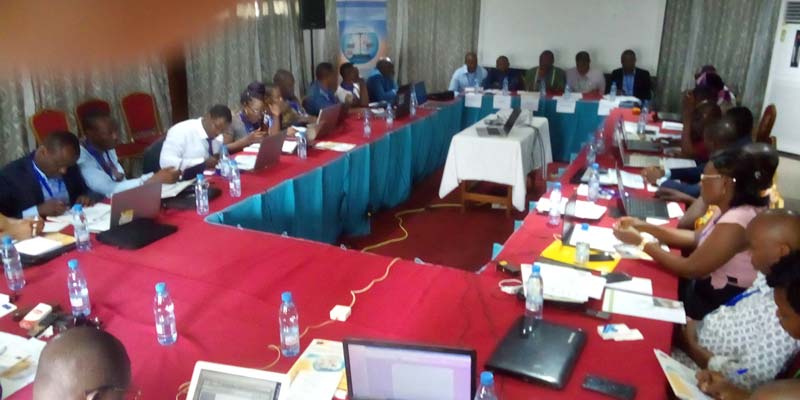Africa loses about US$ 90 billion per year in illicit financial flows, robbing the continent of resources to finance investment and development. Financial secrecy allows individuals to hide and move money out of the continent and the Financial Secrecy Index 2022, published by the Tax Justice Network, shows that the largest enablers of financial secrecy are some of the richest nations in the world, including the USA and Switzerland.
African leaders do not have an equal footing in setting international tax rules, which have been determined for over a century by a group of rich countries under the Organisation for Economic Co-operation and Development. This is why African Ministers of Finance, Planning and Economic Development adopted a resolution last week calling on the United Nations to begin negotiations on an international convention on tax matters.
The Financial Secrecy Index finds that all but 4 of the 18 countries assessed in the region – Rwanda, South Africa, Seychelles and Ghana – have made progress in improving financial transparency at home. None of the countries in the region is in the top 30 of financial secrecy suppliers in the world. On the contrary, several countries, such as Kenya and Nigeria, are in the top 20 of those that have improved their laws against the use of secretive financial practices by non-residents.
Half of the African countries assessed have also made significant progress in requiring disclosure of beneficial ownership of companies and more than half now have beneficial ownership laws in place. In addition, the capacity of tax administrations has improved or remained at the same level for all jurisdictions, and there are being great strides to improve international cooperation to prevent money laundering. Two countries – Ghana and Liberia – showed a worrying shift in the index, but this is mainly because they now offer more financial services to non-residents and not because they have introduced more secrecy services.
All African countries must take domestic action to prevent enabling illicit financial flows needed to finance sustainable development by improving corporate transparency obligations. This includes quick wins, like making all extractive industries contracts, tax rulings, and beneficial ownership information public. And requiring country by country reporting of multinational companies that are headquartered domestically and requiring subsidiaries of multinationals operating domestically to report on a country by country basis locally.
Most importantly, the index also reveals that Africa must continue its efforts to protect itself from its international partners. Five G7 countries alone – the US, UK, Japan, Germany and Italy – are responsible for cutting global progress against financial secrecy by more than half. African leaders must also continue to keep a close eye on Asian economic partners, including Singapore, Hong Kong, the United Arab Emirates and China, which have maintained or jumped up the rankings, both because of the increase in financial services they offer to non-residents and their financial and legal systems that enable financial secrecy.
The Financial Secrecy Index 2022 shows again that international tax rules cannot be set by the OECD, which members are some of the greatest enablers of financial secrecy. African leaders are right to call for a UN convention on tax to curb illicit financial flows and recover stolen assets. An inclusive, global approach to setting international tax rules is the only way Africa can stop its plunder from tax abuse.




